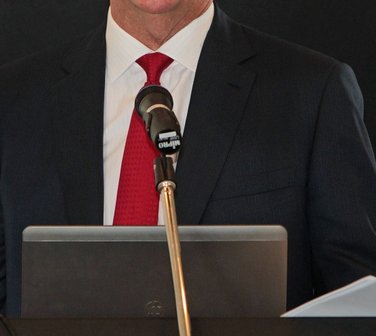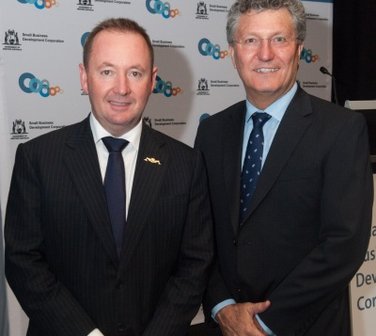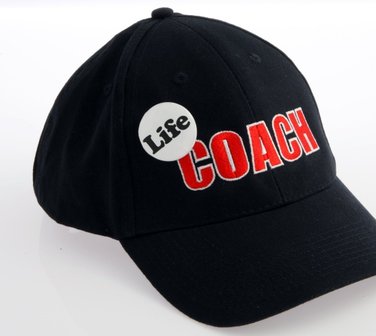Interview dos and don’ts
From candidates who chew gum to those who wear thongs, recruiters have seen every professional faux pas ever committed.
Three top recruiters explain what they see as job interview mistakes.
No professionalism
State manager of Kelly Services Kurt Gillam said employees didn’t always recognise the competition they were up against. “We’ve seen candidates arriving late without a courtesy phone call, leaving their mobiles on, chewing gum, leaving sunglasses on their head and not being aware of the personal grooming needed when trying to impress for an interview, ” Mr Gillam said.
Ryan Hathrill, Perth director of recruitment firm Robert Walters, said candidates who arrived late or did not cancel, and those who were dishonest with their recruitment consultant not only wasted time but damaged their own personal brand. It was important they established an open and honest dialogue with recruiters.
No flexibility
“One of the pet peeves I hear from my team and our clients is about job-seekers not being flexible for interviews when the client requests a time, ” Mr Gillam said. “While recruiters and employers will usually provide reasonable flexibility, it’s important to make the potential employer’s life easier, not harder.”
Being unprepared
WA director of Michael Page Group Brodie McDougall said preparation was key in landing any position. “Fail to prepare, prepare to fail, ” he said. “Don’t attend interviews without sufficient preparation — it’s a missed opportunity to provide relevant examples of your experience based on the company requirements. If you want to be memorable, it’s not just about repeating what you have seen on the website.”
Mr Gillam said there was simply no excuse for a lack of research. “Showing knowledge of key personnel, news items, projects, competitors, culture and products and services can be the edge you need over your fellow applicants, ” he said.
Criticising former workplaces
“It’s not justified and won’t help you land the dream job, ” Mr Gillam said. “However, being honest with your recruiter is not always a bad thing as a good recruiter will provide tips on how to best approach a difficult interview situation.”
Mr Hathrill said it was important to remember that you might work with former colleagues down the line. “Don’t make it personal as this may come across as amateur, sour grapes and could be indicative of future behaviour, ” he said.
Mr McDougall said prospective employer would assess how you handled conflict or confrontation and use this as an indicator of future behaviour.
No contact details
“So many candidates do not have their mobile phones with them and do not have a voice message bank set up after applying for a job, ” Mr Gillam said. “If an employer or recruiter can’t get hold of you, or isn’t able to leave a voice message, they’ll soon move on to the next candidate.”
Wrong or misleading information
Evidence that applications had simply been “copied and pasted” from previous submissions, complete with different fonts, would put both recruiters and employers off the candidate, Mr Hathrill said.
“Some job-seekers use a hit-and-miss approach, assuming it’s a numbers game, however, one’s career should be more important than hitting a send button, ” he said.
“It would also help to read the advert before applying.”
Mr McDougall said it was not uncommon to receive applications with incorrect names, job reference numbers or irrelevant resumes.
© The West Australian









